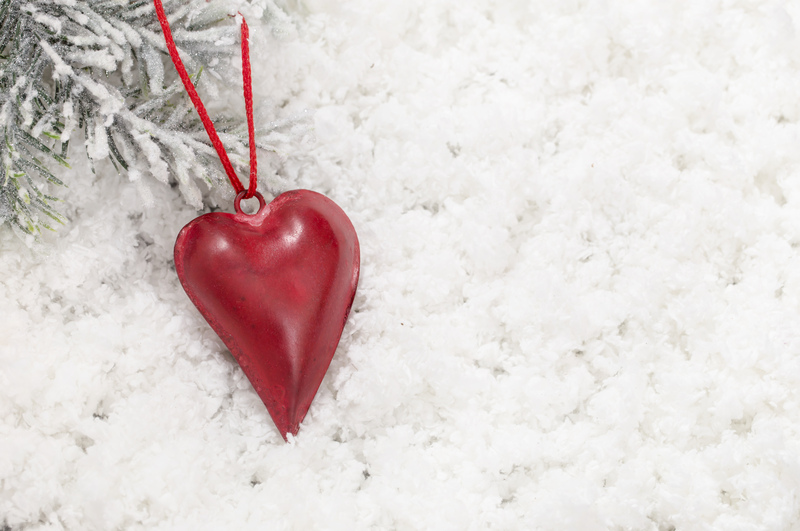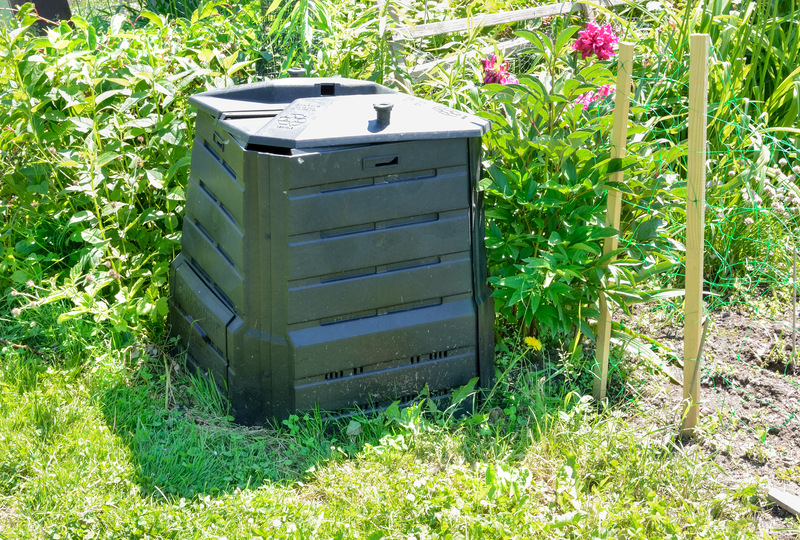Elevate Your Recycling Skills with These Home Tips
Are you ready to take your recycling efforts to the next level? Advancing your at-home recycling practices is not just good for the planet--it's also a chance to build a cleaner, greener, and more sustainable lifestyle for yourself and your loved ones. In this comprehensive guide, you'll discover actionable home recycling tips, smart reuse ideas, and expert strategies designed to help you elevate your recycling skills with ease.
Table of Contents
- Why Boost Your Recycling Skills?
- Master the Basics of Home Recycling
- Sorting and Segregation: Pro Tips
- Dos and Don'ts for Easy Recycling
- Creative Ways to Reuse at Home
- Boosting Family Engagement in Recycling
- Advanced Recycling Strategies
- Common Recycling Mistakes to Avoid
- Going Beyond the Bin: Upcycling and Composting
- Conclusion: Start Elevating Your Home Recycling Today!
Why Boost Your Recycling Skills?
Recycling is more than tossing empty bottles into a blue bin. By refining your recycling skills, you'll:
- Reduce household waste and clutter.
- Conserve natural resources, lowering your ecological footprint.
- Support your local recycling programs for cleaner communities.
- Save energy and decrease landfill pollution.
- Set a robust example for children and neighbors.
Improving your recycling knowledge helps you avoid common pitfalls, such as wishcycling (recycling the wrong items), and empowers you to maximize the positive environmental impact you can make right at home.
Master the Basics of Home Recycling
Know Your Local Recycling Rules
Recycling guidelines vary greatly from city to city. Start by familiarizing yourself with your municipality's recycling program. Most local governments provide a list of accepted materials, pickup schedules, and special instructions for items like batteries, electronics, or plastics with complex resin codes.
The Most Commonly Recycled Materials
- Paper and cardboard: Newspapers, magazines, boxes (flatten first!)
- Glass: Bottles and jars (rinse before recycling, lids removed)
- Metals: Aluminum and tin cans (rinse and remove labels if required)
- Plastics: Bottles, jugs, and containers (pay attention to numbered symbols)
Pro Tip: When in doubt, check your city's official recycling resources or call the recycling hotline.
Sorting and Segregation: Pro Tips for Improved Recycling
Proper sorting is essential for elevating your recycling skills at home. Here's how to streamline the process:
- Create multiple bins or bags for different materials (paper, plastic, metal, glass, electronics).
- Label bins clearly and boldly to prevent mix-ups.
- Rinse containers thoroughly to avoid contaminating the batch.
- Avoid wishcycling--don't recycle things you're unsure about. When in doubt, throw it out or ask!
Elevate your recycling game by educating every household member in effective sorting habits. Consider color-coding bins for young children or houseguests.
The Dos and Don'ts for Easy Recycling
What to Do
- Do flatten cardboard boxes to maximize space.
- Do separate lids and caps as required by your local facility.
- Do recycle clean, dry materials--food residue can spoil batches.
- Do bundle paper and cardboard if your city requires it.
What Not to Do
- Don't recycle plastic shopping bags curbside.
- Don't recycle greasy pizza boxes, tissues, or paper towels.
- Don't bag recyclables unless your hauler requests it.
- Don't include hazardous materials (batteries, electronics) without following special disposal methods.
Sticking to these simple home recycling rules will boost both your efficiency and your impact.
Creative Ways to Reuse at Home
Recycling is only the first step. Creative reuse lets you further minimize waste and save money. Here are some fresh ideas to inspire you to reuse household items:
- Glass jars: Store leftovers, bulk foods, or start a windowsill herb garden.
- Plastic containers: Organize hardware, craft materials, or use for DIY seed starters.
- Old clothes: Make cleaning rags or repurpose for crafts and quilts.
- Toilet paper rolls: Organize cords, create seed pots, or use in kid-friendly craft projects.
- Cardboard boxes: Reinvent as gift boxes or storage bins.
Reuse, together with elevated recycling skills, is a powerful force for a zero-waste home environment.
Boosting Family Engagement in Recycling
Teaching your children and housemates about improved recycling practices ensures that your efforts have lasting change. Try these engagement strategies:
- Involve kids by turning recycling into a fun sorting game with rewards.
- Host recycling challenges--who can collect the most bottles or cans?
- Assign recycling "roles" so everyone has responsibility for a type of material.
- Share facts about how recycling protects wildlife and ecosystems to build motivation.
Making recycling a family affair instills strong lifelong values--a vital aspect of mastering recycling at home.
Advanced Home Recycling Strategies
Ready for a step up in your recycling routine? Explore these advanced strategies:
Composting Organic Waste
Food scraps and yard trimmings make up a large portion of household waste. Set up a backyard compost bin or a kitchen compost pail to turn peels, coffee grounds, and eggshells into nutrient-rich soil for your garden.
Electronics & Hazardous Waste Recycling
Never throw batteries, old phones, or paint in the trash. Most communities have periodic hazardous waste drop-offs--check local event calendars and store these items safely until collection day.
App and Technology Integration
Many cities have apps that let you scan items or search databases to know exactly how to dispose or recycle specific materials. Consider installing these digital helpers for instant answers.
Bulk Buying and Waste Reduction
Buy in bulk with your own containers to cut down on packaging waste. Bring reusable shopping bags, produce bags, and jars to stores whenever possible for a streamlined, eco-friendly shopping experience.
Common Recycling Mistakes to Avoid
Even the most diligent recyclers can slip up. Learn from these typical errors to truly elevate your recycling skills at home:
- Bagging recyclables in plastic (most facilities can't open or process them).
- Including food-soiled materials (contaminates entire recycling loads).
- Assuming everything with a recycling symbol is recyclable in your area.
- Recycling small items (like straws or tiny lids)--these can jam machinery.
- Mixing hazardous waste into regular recycling.
Avoiding these mistakes improves recycling outcomes and keeps collection streams clean and safe.
Going Beyond the Bin: Upcycling and Composting
Taking your home recycling skills up a notch means exploring options outside traditional curbside collection.
Upcycling
Transform everyday items into something functional or beautiful, such as:
- Pallet furniture from shipping crates.
- Art projects using bottle caps, corks, or tin cans.
- Storage solutions made from jars, tubs, or boxes.
- Planters crafted from old boots, buckets, or tea tins.
Upcycling saves money and keeps waste out of landfills--while giving your home a unique twist!
Community Recycling and Drop-Offs
- Take soft plastics (like grocery bags) to local collection points, often available at supermarkets.
- Save wine corks, Brita filters, or other specialty recyclables for mail-in programs or retailer-sponsored drop bins.
- Donate old clothes and household goods to charity or freecycle groups.
Explore new possibilities to expand your household's recycling impact each season.
Conclusion: Start Elevating Your Home Recycling Today!
By integrating these home recycling tips and advanced strategies into your daily routine, you can elevate your recycling skills and make a genuine difference for the environment. Whether it's organizing your bins, reusing creatively, or forming new family habits, every bit counts in the larger effort toward sustainability.
Remember, effective recycling starts with knowledge and ends with action. Take control of your personal recycling journey and inspire others by your example. Check your city's latest guidelines, share what you learn, and enjoy watching your waste shrink as your skills soar.
Begin today. Try out these expert home recycling tips and watch your eco-impact grow!

